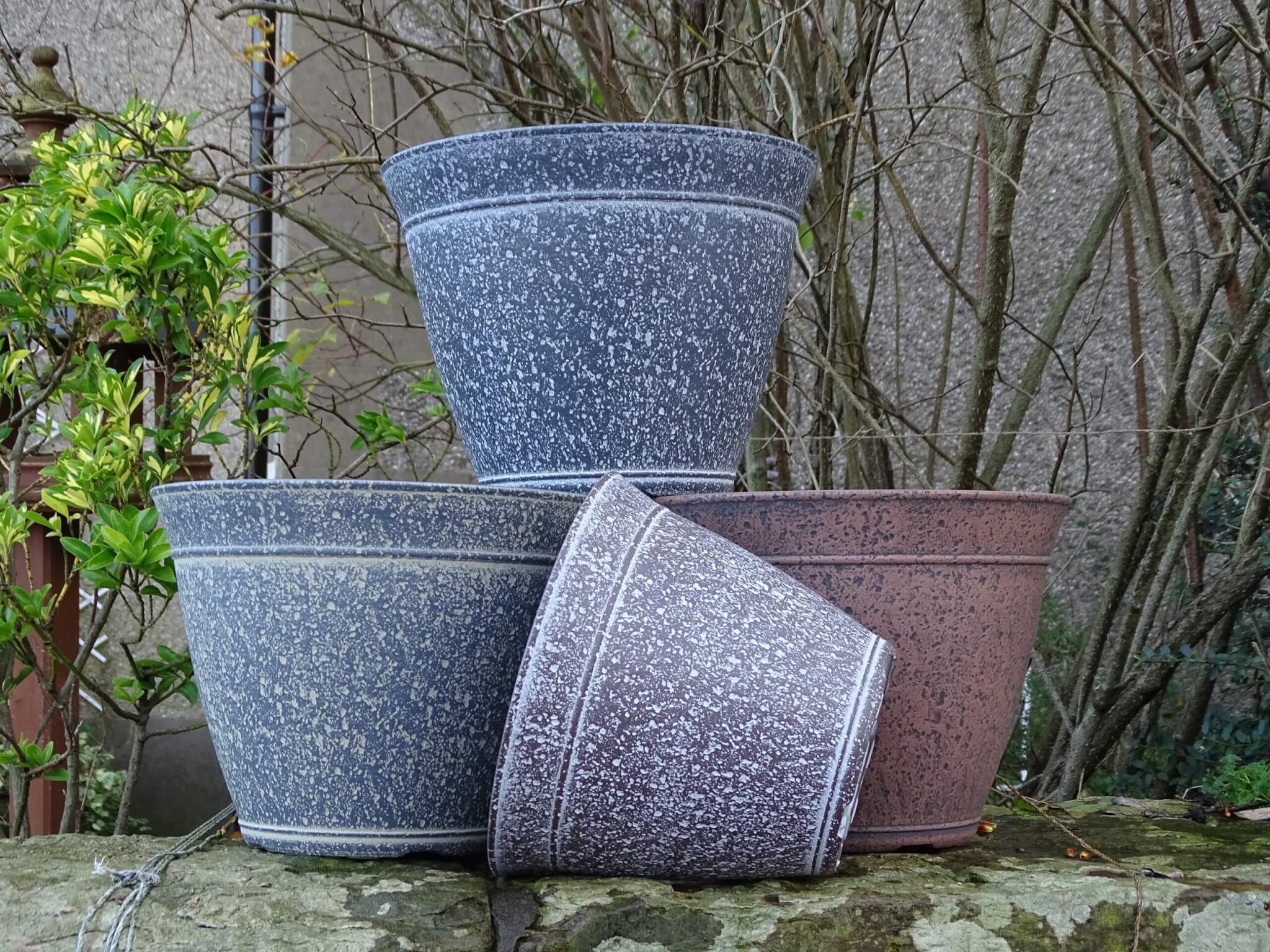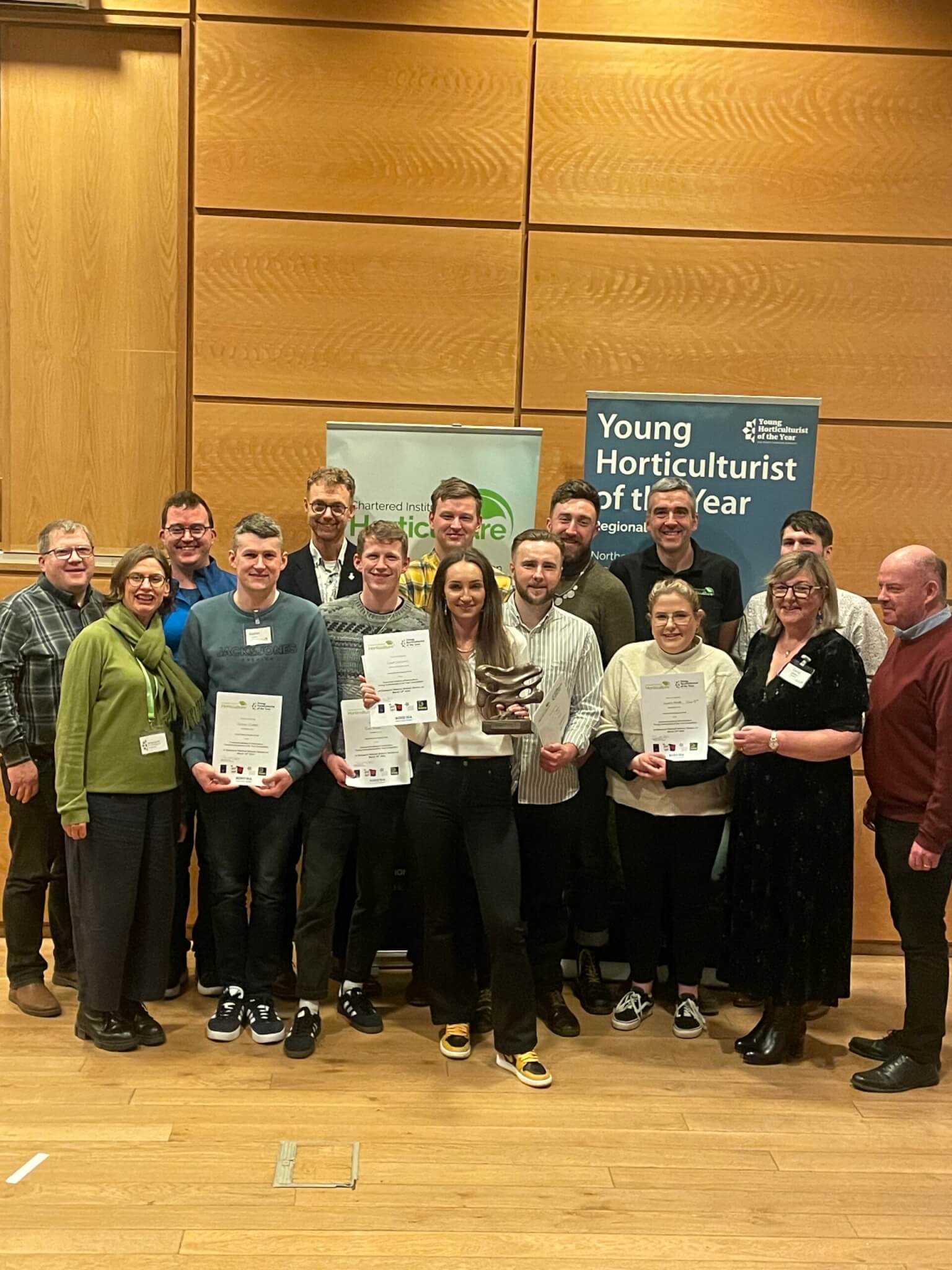Plant Health conference tackles key issues
22 February 2016
Delegates attending this week’s HTA Plant Health Conference, held in association with the Animal and Plant Health Agency (APHA), were provided with the latest updates on plant health matters by a number of experts in their field.
Anthea McIntyre, West Midlands MEP addressed the 100 strong audience at Sand Hutton near York about how European legislation is developed and amended, the scope of a planned new regime for combatting plant disease, and the potential impact on the industry if Britain left the EU.
The Conservative MEP, who sits on the European Parliament’s Agriculture and Rural Development Committee, is herself a small-scale grower. She is leading on EU plant health reform activity which is currently going on. She said: “It was a question of achieving a balance. On the one hand protecting our phytosanitary security – which is hugely important for us in Britain – and on the other hand facilitating trade and minimising the administrative burden and the associated cost of excessive red tape. I think that having a British MEP at the centre of negotiations has meant we have the best possible outcome for the UK.”
Speaking about what might happen if the UK left Europe she highlighted that in her opinion the UK would still have to fully comply with EU regulations if it were to continue trading plants.
Talking about the huge array of plant health issues on agenda HTA Head of Horticulture Raoul Curtis-Machin said that it was a challenge for the nursery trade to keep up with plant health activity. He highlighted the opportunity that the UK has as an island to be more self-sufficient in plant production – helping the economy as well as plant biosecurity. This view was echoed by speaker Tim Edwards of Boningale Nurseries and other growers in the room who felt this was something that needed to be looked into in more detail.
“Ignorance is partly to blame for plant health crises. The potential nightmare of Xylella and future plant disease threats remain very real. The industry needs to up its game and take seriously its responsibility – not only growers but retailers and landscapers who are also subject to the plant health regulations under the Xylella emergency measures”, said Raoul.
He also spoke about the development work going on between the HTA and APHA to create a portal to provide the industry with all the latest information in one place – in a more digestible form than is currently available.
In her summary of the day Nicola Spence, Defra’s Chief Plant Health Officer spoke of the progress that was being made in working more closely with the trade and the commitment that is there to continue this into the future for the benefit of all. She closed by mentioning the five p’s that are fundamental – prediction, prevention, protection, promotion and partnership. “We will continue to work together, share and learn to upgrade our plant health regime – this is just the beginning of a new phase for plant health,” she concluded.




 Print
Print









Fans 0
Followers